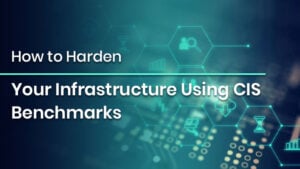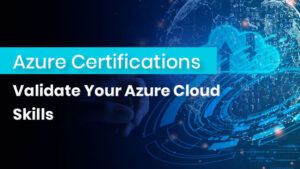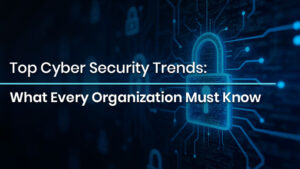
How to Harden Your Infrastructure Using CIS Benchmarks
How to Harden Your Infrastructure Using CIS Benchmarks Introduction As more organizations go faster with their digital transformation, the security and resilience of IT infrastructure
Limited-Time Offer! Get an exclusive 40% OFF on IPSpecialist Premium Monthly & Annual Plans. Use Promo Code: UPSKILLNOW at checkout.

How to Harden Your Infrastructure Using CIS Benchmarks Introduction As more organizations go faster with their digital transformation, the security and resilience of IT infrastructure

Azure Certifications – Validate Your Azure Cloud Skills Introduction Cloud computing has transformed the business landscape, providing scalability, flexibility, and affordability in a way

Top Cyber Security Trends: What Every Organization Must Know Introduction In an era marked by digital transformation, remote workforces, and rapidly evolving threat landscapes,
Table of Contents
Oracle is a product of Oracle Corporation that offers a variety of cloud and service-based applications or platforms, whereas PostgreSQL, also known as Postgres, is a relational database management system developed as an open-source application by the PostgreSQL Global Development Group Regents of the University of California. In terms of versioning, PostgreSQL releases new versions regularly to add or update new features to keep up with changing technological standards in the market, whereas Oracle releases the most recent versions with enhanced tool functionality. This article covers detailed knowledge of Oracle and PostgreSQL and their differences.
Check out our Oracle Courses now if you want to start your career in Cloud Computing.
Oracle is a major RDBMS (Relational Database Management System) vendor in the IT market. Oracle databases are also known as Oracle DBs or Oracle marketed by Oracle. Lawrence Ellison created the Oracle database in 1977. Oracle database is available in several editions, including Enterprise, Standard, Express, and Oracle Lite. Oracle database is available on major platforms such as Windows, UNIX, Linux, and macOS. Microsoft SQL Server is the Oracle database’s main competitor.
PostgreSQL was made open source in 1996. It is compatible with major platforms such as UNIX, macOS, Windows, and Linux. It supports video, text, audio, and images, programming interfaces for various languages such as C/C++, Java, Python, Perl, and others, and open database connectivity.
The main difference between PostgreSQL and Oracle database management systems is that PostgreSQL is an open-source database, whereas Oracle is a closed database system. PostgreSQL is a free relational object-oriented database management system created by volunteer developers worldwide. Oracle is a commercially licensed relational database management system.
Both databases use concepts like schemas, tablespaces, and indices but differ in areas like replication and support. Let’s look at how these two database systems handle critical operations.
PostgreSQL and Oracle are roughly equal in terms of capabilities, performance, and compatibility. Oracle leads in security, replication, and availability, whereas PostgreSQL has better API compatibility, less expensive support, and more robust scalability. As database administrators, the databases you choose should be based on the company’s priorities.
PostgreSQL is a good choice if you want an easy-to-use database that you can customize for the operations and has a low Total Cost of Ownership. Oracle offers robust functionality if high availability and flawless replication during voluminous transactions are critical to the business.
We have seen the distinction between Oracle and PostgreSQL, and PostgreSQL outperforms Oracle in many ways, including open-source, compatibility with other RDBMS, and ease of use with a large developer community. PostgreSQL is used in many different industries.
© 2025 All rights reserved | Privacy Policy | Terms and Conditions | Sitemap | Cookie Policy




